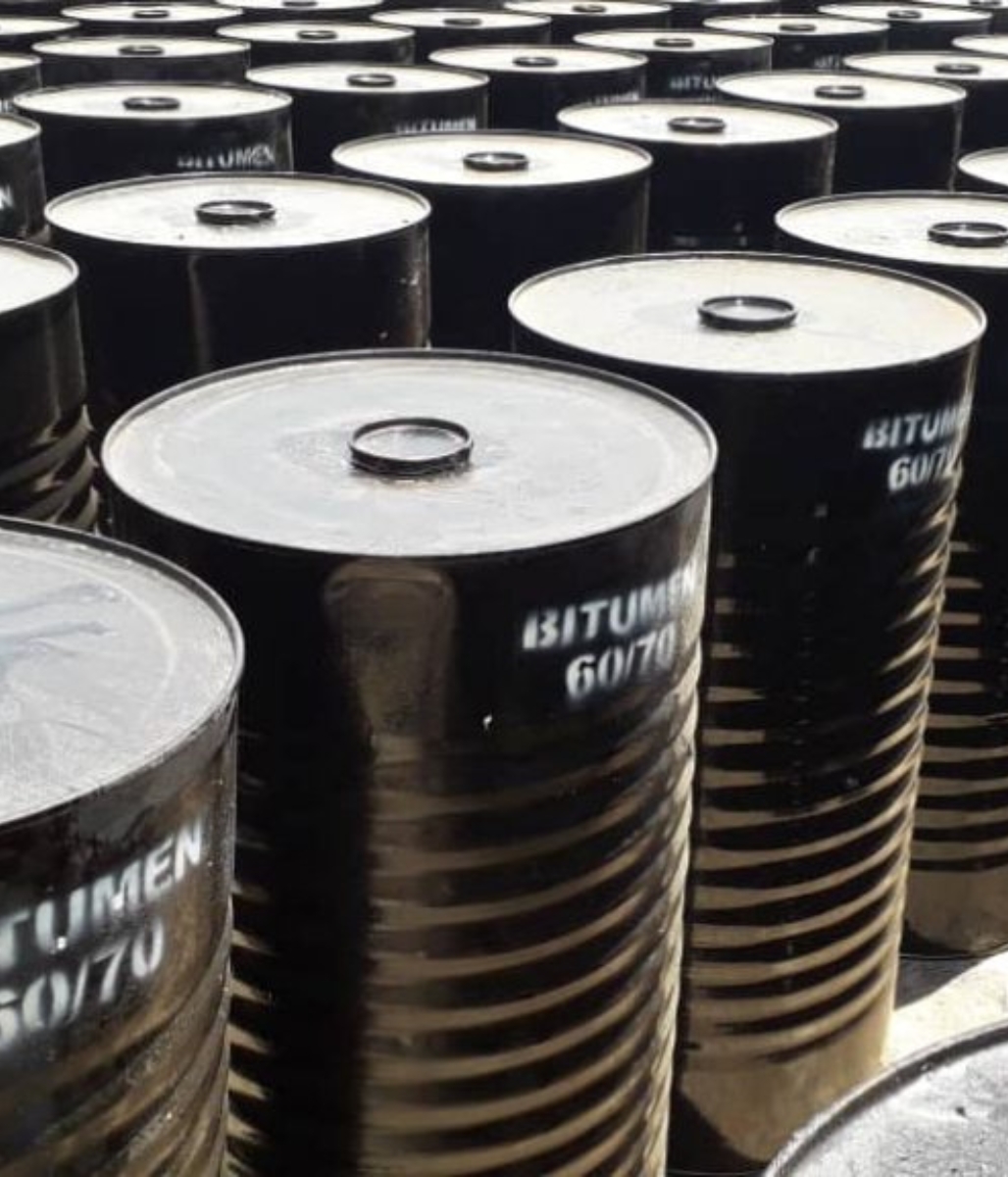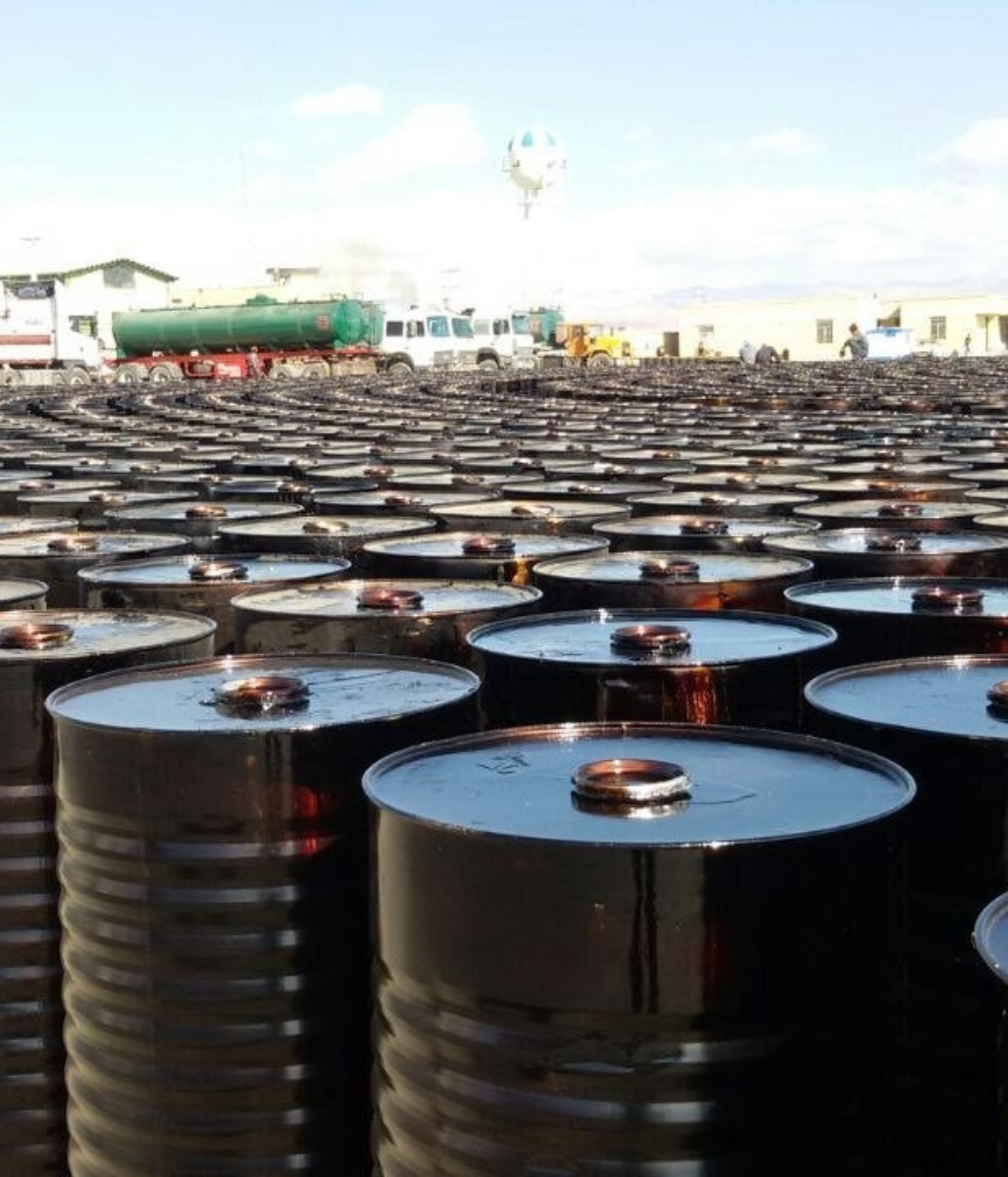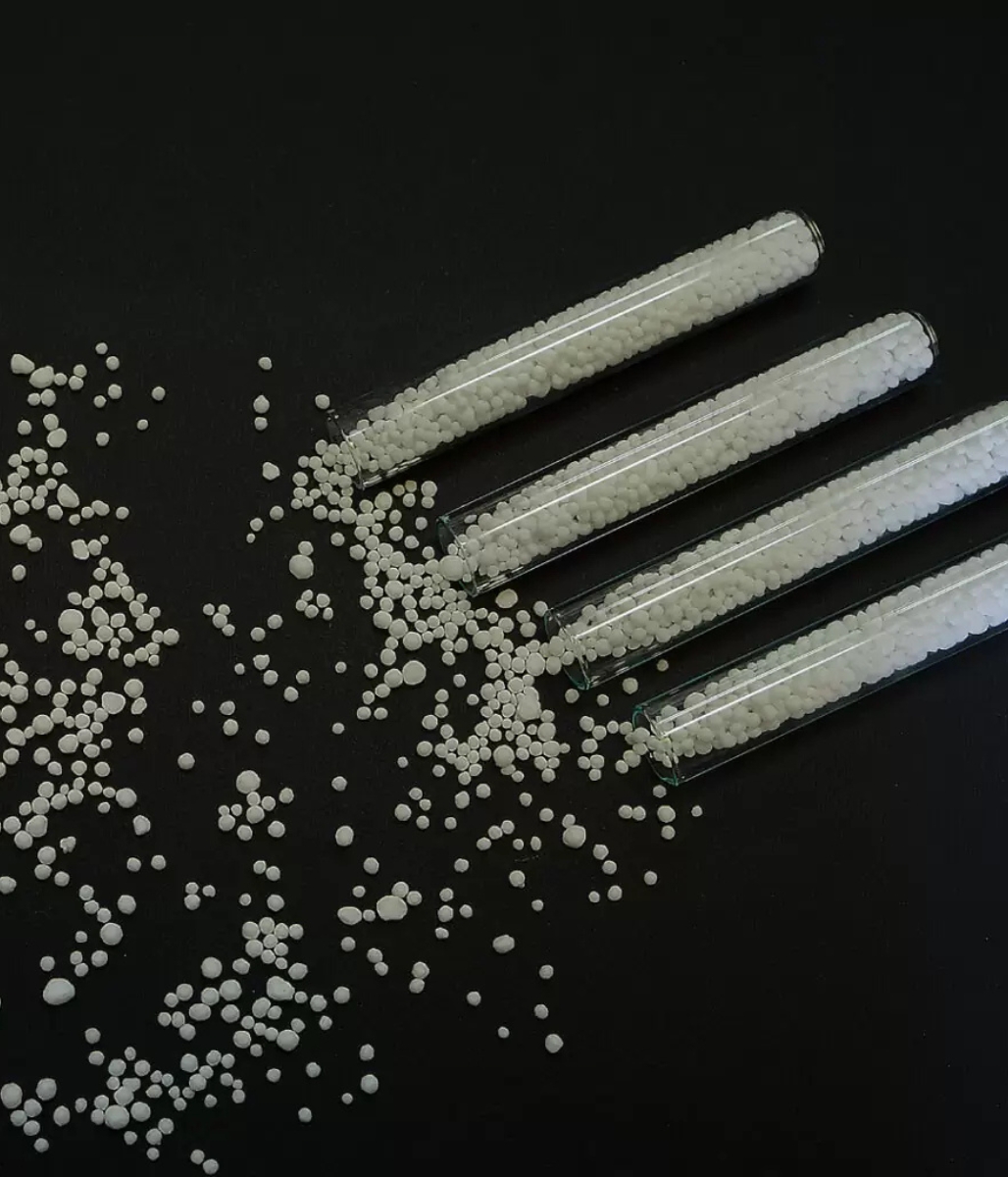Bitumen 60/70
Bitumen 60/70, a widely used grade of bitumen in construction and infrastructure, plays a vital role in road paving, waterproofing, and numerous industrial applications. Its exceptional binding properties and resistance to environmental factors make it a preferred choice for creating durable road surfaces and ensuring the longevity of pavements. This grade of bitumen exhibits remarkable performance under varying temperature conditions, offering flexibility at low temperatures and resistance to deformation at higher temperatures. These characteristics contribute significantly to the overall strength and stability of modern road networks, reducing maintenance costs and enhancing safety for commuters.
Beyond road construction, Bitumen 60/70 is equally valuable in industrial and architectural applications. It serves as an effective waterproofing agent in building foundations, roofs, and other structures prone to water damage. The material's high adhesive quality ensures a strong bond with various substrates, making it ideal for use in insulation and protective coatings. Moreover, its resistance to aging and wear under harsh conditions further enhances its versatility, making it a crucial component in the development of long-lasting and sustainable infrastructure. These unique properties underscore the significance of Bitumen 60/70 in contemporary engineering projects worldwide.
Characteristics
Bitumen 60/70 possesses distinct physical and chemical properties that define its performance and utility. It has a penetration value of 60 to 70 deci-millimeters (dmm) at a standard temperature of 25°C, indicating its consistency and ability to soften and flow under specific conditions.
This semi-solid material at room temperature exhibits:
- Good adhesion
- High viscosity
- Resistance to deformation under traffic loads and temperature fluctuations
Applications
1. Road Construction
Bitumen 60/70 is extensively used as a binder in asphalt mixtures. Its high viscosity ensures strong adhesion to aggregates, resulting in durable and flexible road pavements that withstand vehicular stress and environmental conditions.
2. Waterproofing
The impermeable nature of Bitumen 60/70 makes it ideal for waterproofing applications. It is widely used in roofing, basements, and foundations to create watertight seals, protecting buildings from water damage and corrosion.
3. Industrial Use
Industries utilize Bitumen 60/70 for:
- Corrosion-resistant coatings for pipes and tanks
- Thermal insulation in high-temperature environments, safeguarding equipment and personnel
4. Pavement Preservation
It is a key component in pavement preservation treatments like chip seals and slurry seals, which extend the lifespan of roads by sealing cracks, preventing moisture infiltration, and protecting against wear.
5. Recreational Facilities
Bitumen 60/70 is also used in constructing sports courts, playgrounds, and other recreational surfaces, where its durability and weather resistance are crucial.
Importance
Infrastructure Development
Bitumen 60/70 plays a pivotal role in road construction, ensuring the durability, safety, and longevity of transportation networks. Its use reduces maintenance costs and minimizes disruptions caused by road deterioration.
Bituminous Waterproofing
Its waterproofing properties are critical for protecting buildings and infrastructure from water infiltration, preventing issues like mold growth, concrete degradation, and corrosion.
Industrial Applications
In industrial settings, Bitumen 60/70 protects critical infrastructure with its insulating and corrosion-resistant properties, enhancing efficiency and safety in operations.
Conclusion
Bitumen 60/70 is an indispensable material in modern construction and infrastructure development. Its unique characteristics and versatility make it a cornerstone for building resilient and sustainable structures, from roads and industrial facilities to waterproofed buildings and recreational surfaces.
Packaging Options
- Bulk
- New Steel Drum
- 1 MT Jumbo Bag
- 300 kg Bitubag
- Bitutainer
| Characteristics | Unit | Specification | Test Method |
|---|---|---|---|
| Penetration @ 25 °C | 0.1 mm | 60-70 | ASTM D-5 |
| Specific gravity @ 25 °C | gr/cm3 | 1.01-1.060 | ASTM D-70 |
| Softening Point | °C | 46-56 | ASTM D-36 |
| Ductility @ 25 °C | Cm | 100 Min | ASTM D-113 |
| Loss on heating | % wt | 0.2 Max | ASTM D-6 |
| Drop in penetration after heating | % | 20 Max | ASTM D-6 & D-5 |
| Flash Point | °C | 250 Min | ASTM D-92 |
| Solubility in CS2 | % wt | 99.0 Min | ASTM D-4 |
| Organic matter insoluble in CS2 | % wt | 0.2 Max | ASTM D-4 |
| Viscosity @ 60 °C | p | 2000±400 | ASTM D-2171 |
| Spot test | – | Negative | *A.A.S.H.O.T.102 |



